While everyone should have a durable power of attorney that appoints someone to act for them if they become incapacitated, in some circumstances it is not enough. In these cases, a revocable trust may help.
A durable power of attorney allows you to empower someone you trust to step in to handle financial and legal matters on your behalf if you become incapacitated. We all are at risk of incapacity from illness or injury, whether temporary or permanent. Of course, this risk increases as we age. Without someone in place to handle legal and financial matters, bills can go unpaid, contracts can't be signed, homes can't be refinanced, leases can't be terminated, investments can go unmonitored and unadjusted, and families often fight over who should be in charge. The remedy of seeking court-appointed conservatorship is expensive, cumbersome, and time-consuming. It is best that you pick your own person or people for this role.
Nevertheless, however important taking this step can be, it's not always enough. There are two reasons for this: sometimes financial institutions refuse to honor older powers of attorney and agents sometimes don't step in until it is too late. Both problems can be remedied through the use of a revocable trust.
Powers of Attorney Can Be Rejected
Financial institutions often reject older powers of attorney, claiming that they cannot know whether the document has been revoked since first signed. Sometimes the institution will require the drafting attorney to attest to the fact that the document has not been revoked, even though the attorney may not have met with the client for many years and, of course, cannot know everything the client did during that time.
Financial institutions are uncomfortable honoring powers of attorney because they do not want to be held liable for any malfeasance by the agent appointed under the document. In the opinion of most estate planning attorneys, such institutional rejection is contrary to law, but there is no good remedy when this occurs since any lawsuit against a large financial institution will be expensive and time consuming.
Fortunately, there are three ways to avoid this institutional intransigence:
- Refresh your documents periodically. Financial institutions are more accepting of newer documents than older ones, so it's a good idea to execute new durable powers of attorney every five years or so. Of course, this is perverse. If the power of attorney is being used because of your incapacity due to dementia, you are more likely to have been experiencing cognitive challenges a year prior to its use than ten years earlier.
- Use the financial institution's forms. Most banks and investment companies have developed their own durable power of attorney forms that they are more comfortable accepting than general ones your attorney prepared. Contact each financial institution where you have an account and ask whether it has a durable power of attorney form. You'll still need a general durable power of attorney, since the financial institution's form only governs accounts held at that institution, but using the institution’s form should prevent any problems with its acceptance.
- Create a revocable trust. Financial institutions seem to accept revocable trusts more readily than durable powers of attorney. Revocable trusts have the added advantage that you can appoint a co-trustee to serve with you, so that if you become incapacitated, the co-trustee can continue to act.
A Trust Provides Financial Protection
As we age, we all become increasingly susceptible to making financial mistakes and falling victim to scammers. Having a financial advocate in place can help avoid both. An important step is to name an agent under a durable power of attorney. However, such agents often don't step in until it is too late and the senior has already lost a significant amount of money.
A co-trustee on a revocable trust, however, is already authorized to control the accounts in trust. Even if the co-trustee does not take an active role, he or she can monitor the accounts to make sure nothing untoward is occurring. Further, when it becomes necessary to step in, the co-trustee can do so immediately and seamlessly. In contrast, an agent under a durable power of attorney must present credentials to the financial institutions and go through the institution’s vetting procedure, delaying access to accounts and prohibiting the agent from protecting the accounts or being able to pay bills on behalf of the grantor.
Conclusion
For these reasons, revocable trusts often work better than durable powers of attorney. However, two caveats are in order: First, trusts only control the accounts actually held by them. So, for the trust to work, you must properly
fund your trust.
Second, even if you have a revocable trust, you still need a durable power of attorney. This is for two reasons: First, you may not have transferred all your accounts into the trust and will need to give your agent control over those accounts and the ability to transfer them into the trust. Second, the trust only governs financial matters. Your agent under your durable power of attorney can also handle legal ones on your behalf, including signing your income tax returns.
Contact Jayde Law PLLC to discuss your planning goals and if a revocable trust is right for you.


